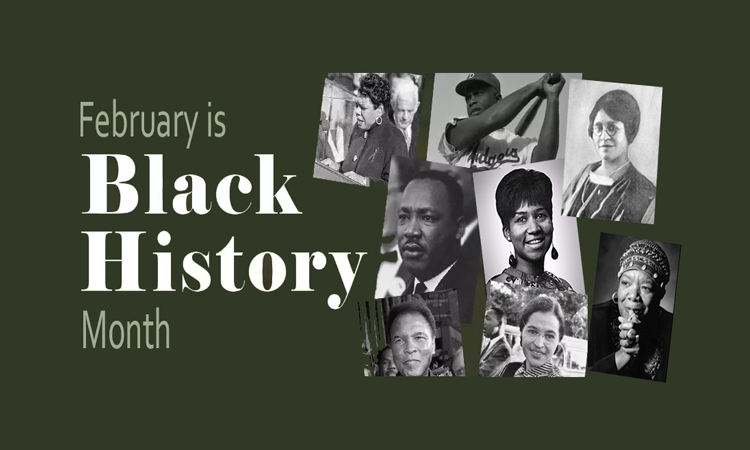
Every February, the United States recognizes Black leaders throughout history and today. This year, Black History Month celebrates "Black Resistance." Here are three extraordinary young women who have fought to make a difference in their communities.
Barbara Johns
Barbara Johns was born in New York City in 1935. But she grew up in Prince Edward County, Virginia, where segregation was a way of life. The young girl learned to accept it until she entered high school in the rural town of Farmville. The school reserved for Black students was overcrowded. Classes were held in every available space. This included leaky tar paper shacks and even school buses. The books and equipment were old and outdated. There were no science labs or cafeterias. The schools attended by the White students were well-funded and faced none of these hardships.
Upset at the injustice, Johns decided to take a stand. On April 23, 1951, the then 16-year-old convinced students and faculty at her school to strike for better facilities. The two-week-long protest caught the attention of the National Association for the Advancement of Colored People (NAACP). They filed a lawsuit on behalf of the Farmville students. It was one of five cases that led to the US Supreme Court's decision to outlaw racial segregation in schools on May 17, 1954.
Claudette Colvin
Rosa Parks' refusal to vacate her bus seat for a White passenger on December 1, 1955, is well-known. Her subsequent arrest was the catalyst for the Supreme Court's decision to ban segregation on public transport in November 1956.
However, most Americans do not know that Parks was inspired by Claudette Colvin. The Montgomery, Alabama, resident was only 15 when she was taken to jail for not giving up her bus seat to a White passenger on March 2, 1955. Colvin was not the first woman to disobey the law. But she was one of only four women — including Parks — to file a federal lawsuit. The NAACP was well aware of the teen's courage. But Colvin believes they chose Parks to lead the fight because "' she was an adult. They didn't think teenagers would be reliable."
Mari Copeny
Mari Copeny's path to activism began in 2016. The young girl was just 8 when she invited President Barack Obama to her hometown in Flint, Michigan, where contaminated water had plagued residents since 2014. Her plea led to a federal grant of $100 million to help fix the city's old water pipes.
Copeny, now 15, continues to fight for social justice. She helps raise awareness about bullying. She also campaigns for diverse representation in books. In addition, the teenager continues to give back to her community through her Flint Kids projects. Over $600,000 has been raised for school supplies and fun kids' events in her hometown.
Resources: History.com, Dosomething.org, Oag.state.va.us, NPR.com
